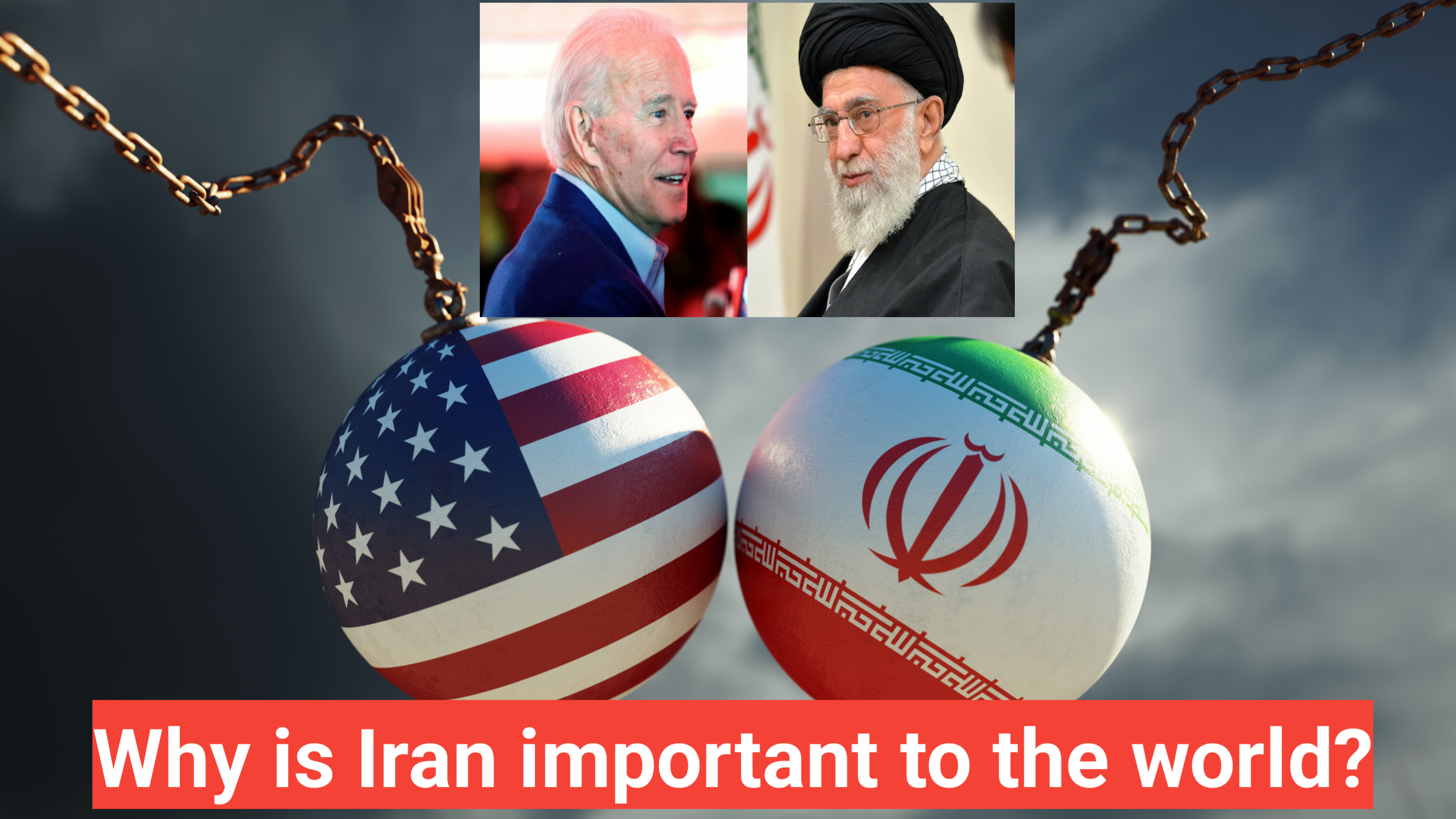Why is Iran important to the world?
Iran’s Importance to the World: A Comprehensive Perspective
Why is Iran important to the world?
Iran, officially known as the Islamic Republic of Iran, holds a prominent position on the global stage due to its geopolitical location, vast natural resources, cultural influence, and historical significance. Situated in the Middle East, Iran has been a focal point in international politics, economics, and security for centuries. Its importance extends far beyond regional borders, influencing global energy markets, international diplomacy, and religious discourse. This article explores the multifaceted reasons behind Iran’s global importance.
1.Geopolitical Location
Iran’s geographical location is one of its most significant strategic assets. It is positioned at the crossroads of the Middle East, Central Asia, and South Asia. It shares borders with key countries like Iraq, Turkey, Pakistan, Afghanistan, and the Persian Gulf states, which gives it a crucial role in regional politics.
The Strait of Hormuz, a narrow passageway located between the Persian Gulf and the Gulf of Oman, is one of the world’s most critical chokepoints for oil transportation. Roughly 20% of the world’s petroleum passes through this strait, making Iran’s control over this area of paramount importance for global energy security. Any conflict or tension in this region has the potential to disrupt global oil supplies, which could have significant economic consequences worldwide.
2.Energy Resources
Iran is one of the world’s leading producers of oil and natural gas. According to estimates, Iran holds around 10% of the world’s proven oil reserves and about 15% of its natural gas reserves. This makes the country a major player in the global energy market.
Iran’s role in the Organization of the Petroleum Exporting Countries (OPEC) also gives it significant influence over oil prices. Even though international sanctions have limited Iran’s ability to export oil and gas at full capacity, the country’s potential to impact global energy supplies remains substantial. Any changes in Iran’s energy policies, production levels, or export capabilities can lead to fluctuations in global energy prices, impacting economies worldwide.
3.Cultural and Religious Influence
Iran is a historically rich civilization, with a cultural heritage that dates back thousands of years. Persian culture has had a profound influence on the development of art, literature, philosophy, and science in the broader region and beyond. The Persian language (Farsi) and Iran’s contributions to global intellectual history are a testament to its long-standing cultural impact.
Moreover, Iran is a major center of Shia Islam. As the largest Shia-majority country, it exerts considerable influence over Shia populations across the Middle East, particularly in Iraq, Lebanon, Syria, Bahrain, and Yemen. This religious influence often intersects with political alliances, as Iran supports various Shia groups and governments in these countries. This creates a power dynamic in the Middle East that often pits Iran against Sunni-majority nations like Saudi Arabia.
4.Regional Power and Military Capabilities
Iran is considered a regional power due to its military strength and its ability to project influence across the Middle East. It has developed a robust missile program and has invested heavily in asymmetric warfare capabilities, such as supporting proxy groups in Lebanon (Hezbollah), Iraq, and Yemen. This has allowed Iran to maintain influence in regions where it does not have a direct military presence.
The country’s nuclear program has also been a point of contention for decades. While Iran maintains that its nuclear program is for peaceful purposes, the international community, especially Western nations, have expressed concerns that it could lead to the development of nuclear weapons. The 2015 Joint Comprehensive Plan of Action (JCPOA) was an attempt to limit Iran’s nuclear activities in exchange for sanctions relief, but its collapse in 2018 led to renewed tensions between Iran and the West.
5.Economic and Political Challenges
Despite its vast natural resources, Iran faces significant economic challenges. International sanctions, particularly from the United States, have severely limited its ability to engage in international trade and have crippled its economy in many ways. High inflation, unemployment, and a depreciating currency are persistent problems that have led to widespread public discontent.
Politically, Iran operates under a unique system of governance that combines elements of democracy with theocratic oversight. The Supreme Leader, a religious figure, holds ultimate authority, while the President and parliament are elected by the people. This system has led to tensions between reformists and conservatives within the country, as well as between Iran and Western nations that criticize its human rights record and political practices.
6.International Relations
Iran’s foreign policy has often been at odds with Western countries, particularly the United States. Since the 1979 Islamic Revolution, Iran has pursued a foreign policy that is largely anti-Western and focused on self-reliance. Its alliances with countries like Russia and China, as well as its involvement in regional conflicts in Syria and Yemen, have kept it at the center of global diplomatic efforts to stabilize the Middle East.
The ongoing tensions between Iran and Israel, fueled by Iran’s support for groups like Hezbollah and Hamas, as well as its opposition to Israel’s existence, are a significant factor in Middle Eastern geopolitics. These tensions have the potential to escalate into broader regional conflicts, drawing in global powers.
7.Future Outlook
Looking ahead, Iran’s role on the world stage is likely to remain significant. Its strategic location, vast energy resources, and influence in the Muslim world ensure that it will continue to be a key player in global politics. However, its future will depend on how it navigates its internal economic challenges, international sanctions, and evolving regional dynamics.
In conclusion, Iran’s importance to the world cannot be understated. Its energy resources, geopolitical position, cultural influence, and military capabilities make it a crucial actor in global affairs. While it faces numerous challenges, its potential to impact the world—both positively and negatively—remains substantial.
